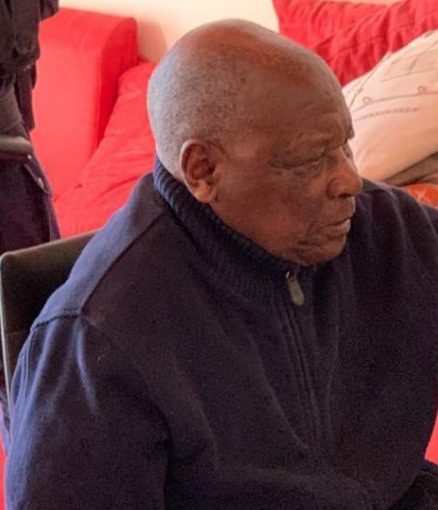The International Residual Mechanism for Criminal Tribunals (IRMCT) based in The Hague, Netherland has temporarily postponed hearing of testimonies in the genocide trial case of Félicien Kabuga to allow examinations of Independent Medical reports on the suspect’s illness and fitness to stand trial, a judicial source confirmed Monday.
The court said in a statement that: “The Parties that the hearing of the Prosecution’s evidence remains temporarily stayed,” based on the fact that it had medical reports to examine before the case hearing proceeds.
The UN court said that the Trial Chamber will benefit from an examination in court of the Independent Medical Experts in order to guide its decision on the future course of this trial.
A joint Independent Medical Experts’ report was submitted to the Registry on 3 March 2023 and filed on 6 March 2023. In this regard, Judge lain Bonomy the case Presiding Judge stated that in view of the conclusions in this joint report and of the oral submissions received from the Parties on 8 March 2023, it was appropriate to maintain the stay of evidentiary hearings pending the resolution of the issue of Kabuga’s fitness to stand trial.
Judge Bonomy notified the schedules of the examinations of the Independent Medical Experts as follows:
Professor Henry Kennedy at 10.00 a.m. on Wednesday, 15 March 2023; Professor Gillian Mezey at 10.00 a.m. on Thursday, 23 March 2023; Professor Patrick eras at 10.00 a.m. on Wednesday, 29 March 2023; and asked the Parties to be prepared to present oral submissions at 10.00 a.m. on Thursday, 30 March 2023.
Following the judicial recess, the IRNCT Trial Chamber resumed the trial proceedings on 14 February 2023 with adjusted trial modalities while awaiting an additional joint report from Professor Henry Kennedy, Professor Patrick Cras, and Professor Gillian Mezey (“Independent Medical Experts”) regarding Felicien Kabuga’s fitness to
stand trial.
During a hearing on March 9, 2023 the Prosecution submitted asking the court to halt Kabuga’s trial on condition that a report of his failing health and fitness is considered but asked that whatever the outcomes, Kabuga must get his verdict while alive.
The Prosecution stated that Kabuga was a fugitive for two decades and that in the past, cases before the mechanism have only been terminated when a person had died, which is “clearly not the case here”.
In its submissions, Prosecution emphasized the public interest to conclude the proceedings in a case of such significance not only for victims, but also for Rwandans and the whole international community.
Kabuga’s lawyer, Maître Emmanuel Altit supported the idea but said that Kabuga is mentally exhausted, disorganized and that he does not understand the world we’re living in and that Kabuga “seems to be
affected by dementia”.
The outcomes of the joint medical report examination will determine whether Kabuga continues to stand trial (as more witness and counter witness are pending) or is released on health grounds but his lawyer insinuated intentions to have his client released and presumed innocent, it said.
CU/abj/APA


